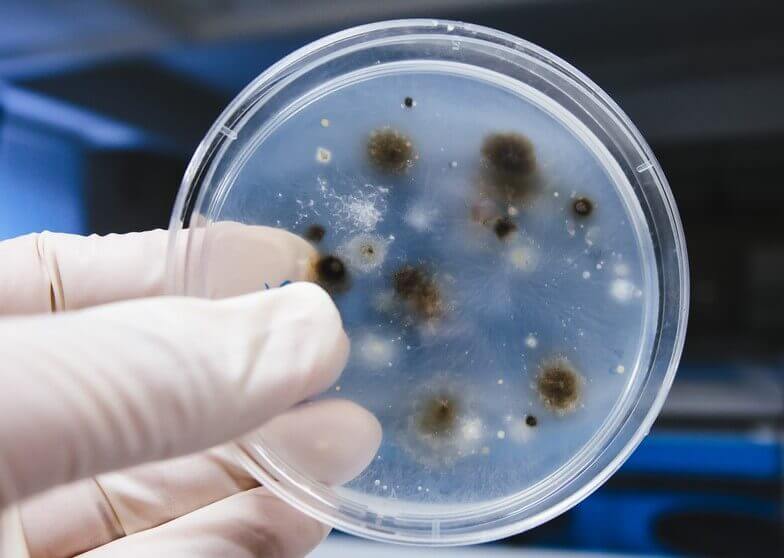Illnesses During Pregnancy that Every Woman Should Know About

Every person’s body is different, and pregnancy can involve complications, illnesses, and risks. These could be caused by substance abuse, age, and other causes. If you’re planning on having a baby, it’s important to know about illnesses during pregnancy.
Once you become pregnant, a team of health professionals should supervise you and your baby through the process. Ignoring this could leave you vulnerable to some of the illnesses that we’ve listed below.
Illnesses During Pregnancy
1. Anemia

This is one of the most common illnesses during pregnancy.
Anemia involves a considerable reduction in the number of red blood cells. This causes an iron deficiency in the blood, which is a mineral that the body can’t produce itself and can only acquire from food.
The symptoms include pale skin, extreme fatigue, tachycardia, and problems with the baby’s growth. The best treatment is through iron, vitamin B12, and folic acid supplements, as well as blood transfusions.
2. Rubella

This condition causes headaches, fevers, conjunctivitis, swollen glands, and rashes on the face. This is a very serious condition for the baby if the mother catches it, since the baby will not have the antibodies without the right vaccine.
Therefore, if the mother is not immune to this disease, it’s crucial to avoid all contact with anyone who has it.
If you do contract the illness, your doctor will prescribe a treatment with immunoglobulin and the patient will need to be vaccinated after the birth to prevent catching it again.
3. Vaginal Infections

Symptoms include redness around the vagina and vulva, irritation, pain, itching, burning, and swelling of the genitals. It’s linked to changes in hormone levels. However, it doesn’t affect the baby since the uterus is a closed compartment which prevents any bacteria from entering.
The important thing is to get things checked by a doctor and get treatment as soon as possible. The most effective medical treatments are vaginal probiotics, antifungals, local bactericides, and lactobacilli. These allow your vaginal flora to re-establish a balance.
It’s worth mentioning that this type of infection requires that both you and your partner seek medical help, as they will also be able to develop these problems.
4. Gestational Diabetes

This develops in the second quarter of pregnancy. Generally, it affects between 1 and 3% of women. The main cause is high blood sugar levels. If you don’t address it quickly, it can cause problems such as excessive baby growth, preeclampsia, and hypoglycaemia.
Generally, you can control it with a healthy diet and routine exercise suitable for the stage of your pregnancy. You should also have diabetes check-ups during pregnancy and, if required, the right amount of insulin provisions.
5. Hypertension

This condition involves high blood pressure.
There are three types:
- Chronic: This develops before week 20 of pregnancy, or may already develop before pregnancy. Sometimes the first time the mother learns about it is when she has their first prenatal check-up.
- Gestational: Generally, this appears in the final stages of pregnancy. There are no associated symptoms.
- Pregnancy-Induced Hypertension or Pre-eclampsia (toxaemia): This occurs during week twenty of pregnancy. It alters the proteins in urine and blood.
6. Group B Streptococcal Infection

This is a type of bacteria which resides in the intestines, the rectum, and the vagina. It mostly affects newborns.
Approximately 25% of women have Group B Streptococcal. If it gets transmitted to the baby, it can cause septicaemia, pneumonia, and meningitis.
Symptoms can take three to four weeks to appear. Although this type of infection is very serious and even deadly, recovery can begin straight away with the right medication and antibiotics.
Final Remarks
It only remains to be said that healthy habits and medical care are the most effective measures for avoiding problems before, during, and after pregnancy.
It’s crucial to follow your specialist’s instructions and understand that the important thing is to take good care of your baby and your body.
All cited sources were thoroughly reviewed by our team to ensure their quality, reliability, currency, and validity. The bibliography of this article was considered reliable and of academic or scientific accuracy.
- Ceccaldi, P.-F., Duvillier, C., Poujade, O., Chatel, P., Pernin, E., Davitian, C., & Luton, D. (2015). Control del embarazo normal. EMC – Ginecología-Obstetricia. https://doi.org/10.1016/S1283-081X(15)74762-4
- Parra M, C. A. C., Pardo R, Gaitán H, G. P., & Roa Pinilla A, Bustos J, Sánchez C, P. F. (2007). Guía para la detección temprana de las alteraciones del embarazo. Guías de Promoción de La Salud y Prevención de Enfermedades En La Salud Pública.
This text is provided for informational purposes only and does not replace consultation with a professional. If in doubt, consult your specialist.








